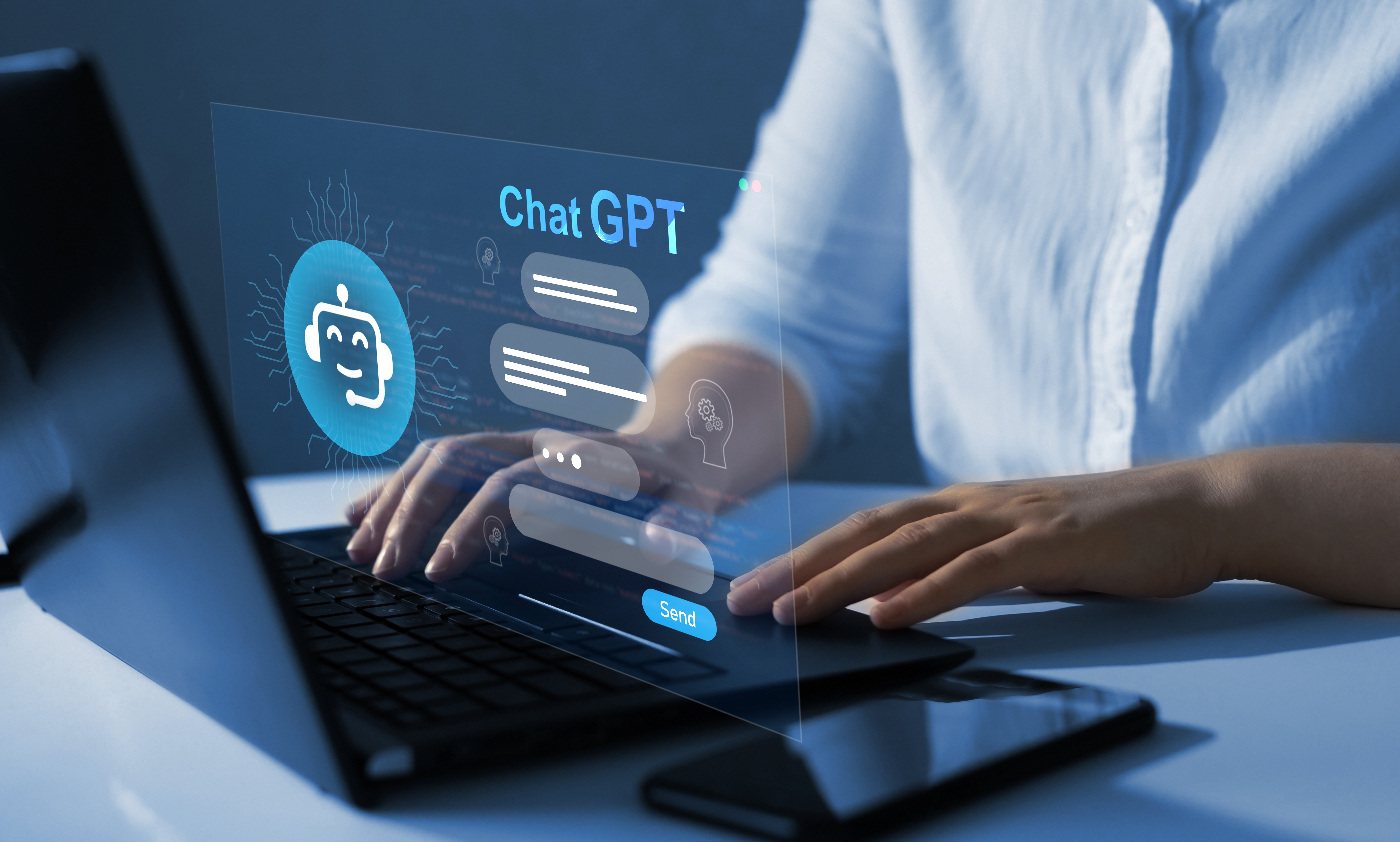LEGAL UPDATE
LEGAL UPDATE
THE RISKS OF CHATGPT FOR EMPLOYERS
Author: Amy Zhang
Disclaimer: a small part of this article was written by ChatGPT, and edited by a human, as part of researching its capabilities for this article.
As organisations increasingly turn to advanced technologies to streamline their operations and improve their productivity, the use of chatbots like OpenAI’s ChatGPT has become increasingly popular. While this technology can certainly offer many benefits and time efficiencies, there are also a number of significant dangers and other implications that employers should be aware of when it comes to using ChatGPT in their workplace.
One of the biggest dangers of ChatGPT is the potential for data privacy and confidentiality breaches. Employees may be inputting sensitive and highly confidential information into ChatGPT, creating the risk that such data may be inadvertently or deliberately revealed to third parties or the general public, including through ChatGPT using such data when responding to other requests or through hacking. The disclosure or misuse of such data can result in significant consequences for businesses, including not just the revelation of personally and/or commercially sensitive and confidential data, but businesses may also be exposed to claims for damages and penalties for breaches of the law. The exposure of commercially sensitive data to ChatGPT may also be a relevant consideration when it comes to the enforcement of restraints (as Courts may consider that the data is not truly confidential and should not be protected in those circumstances).
Another significant potential danger of ChatGPT is that the information it provides may not be accurate. This is acknowledged by ChatGPT itself. Because the model is trained on a large amount of data, it may not always be able to distinguish between credible and inaccurate information. The information in its system is also not up to date (as at the time of this article, ChatGPT states that it is only aware of world developments up to 2021). Accordingly, there may be significant consequences in relying on the data provided by ChatGPT, particularly if such data is inaccurate, as that can lead to legal liability for the business.
A related issue is whether businesses can terminate employees who use ChatGPT, particularly in the instance where something goes wrong, such as where an employee provides an advice or correspondence that is wrong because of reliance on the data from ChatGPT. This may depend on the policies and procedures of the business in relation to the use of ChatGPT, for example, whether the business has expressly prohibited employees from using ChatGPT in their work, or has only permitted use in certain limited circumstances. Usual unfair dismissal considerations will also apply. Businesses should consider its position on ChatGPT and implement policies and procedures accordingly.
Further, there is a question as to ownership and intellectual property and moral rights in relation to content prepared by ChatGPT based on the data inputted by employees (and employers).
Finally, ChatGPT can also create a risk of job loss for employees. With the increasing use of chatbots and the time efficiencies associated with ChatGPT, many tasks currently performed by human workers could be automated, potentially leading to widespread job losses. Employers should be mindful of their obligations to consult (including under Awards, enterprise agreements, contracts and policies) when considering the use of this technology by their business, and should consider their redundancy obligations if it comes to that.
While ChatGPT can offer many benefits to organisations, employers should be aware of the significant risks and other considerations that come with using this technology. At the very least, employers should consider its position on ChatGPT and formulate a policy on same, including whether it will be allowed to be used in the workplace and to what extent, and what control measures need to be implemented (for example, blocking access to the site or requiring that no confidential or sensitive information be inputted into the platform). Consideration of these issues will assist with mitigating the risks associated with ChatGPT, however, employers should remain vigilant as such technologies continue to develop and advance.
If you require advice or assistance in managing the legal risks of ChatGPT in your workplace, or any other employment law issues, please contact our Harmers legal team by phone: +61 2 9267 4322.
© Copyright Harmers Workplace Lawyers 2023. All rights reserved. No part of this alert may be reproduced, in whole or in part, by any means whatsoever, without the prior written consent of Harmers Workplace Lawyers.
Disclaimer: This news alert provides a summary only of the subject matter covered without the assumption of a duty of care by the firm. No person should rely on the contents as a substitute for legal or other professional advice.

